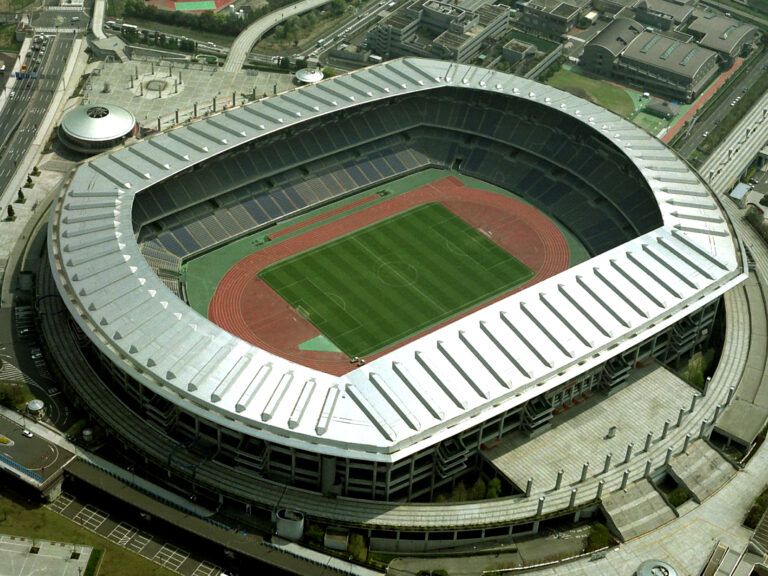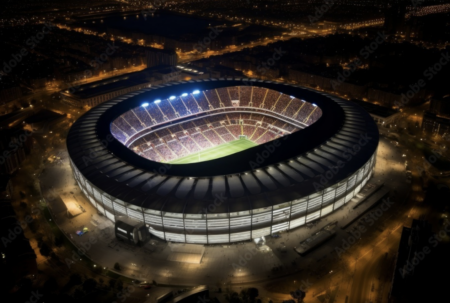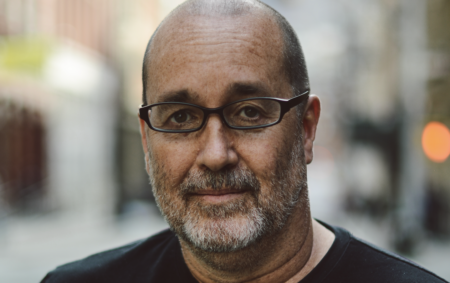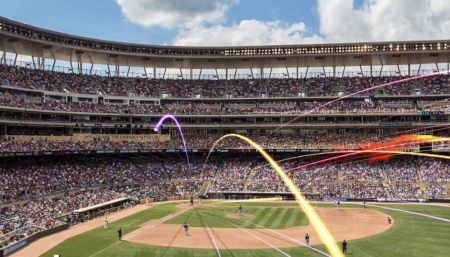The 2019 Rugby World Cup Final will be held in International Stadium Yokohama, a spectacular stadium which is fitting for the first iteration of the competition to be held in Asia. We look back at every stadium to host previous finals.
For the first 32 years, the Rugby World Cup was a competition dominated by Tier 1 nations, both in terms of the eventual winners and the host nations. England, Australia and New Zealand have all hosted or co-hosted the tournament more than once, and between them, have won six of the eight titles. While the winner of the 2019 competition may be a familiar name, the venue is a sure sign that the global reach of rugby union is expanding.
1987: Eden Park, Auckland, New Zealand
Famed as the home of the All Blacks, Eden Park has been an iconic rugby stadium for decades, making it the ideal venue for the inaugural Rugby World Cup Final.
Eden Park began life as a cricket ground in 1903, but was prone to flooding – an issue that continued to persist into the 1970s. In 1913, rugby arrived for the first time with a 21-year lease. It became the official home of Auckland Rugby a decade later. Prior to the 1987 Rugby World Cup, the venue came to international prominence hosting the 1950 Empire Games.
As the 1987 host nation, New Zealand certainly had an advantage playing at their home stadium, and they secured the first Web Ellis Cup in front of 48,035 fans.
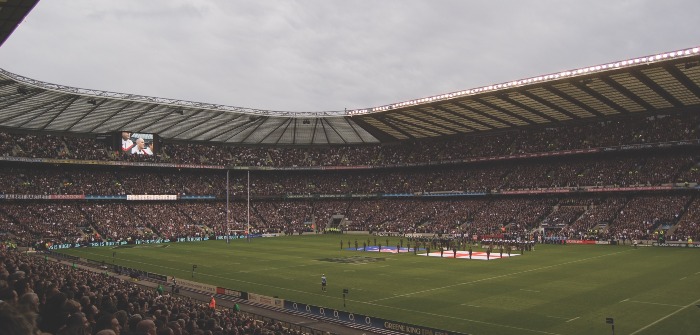
1991: Twickenham, London, England
Known to fans as the Cabbage Patch, Twickenham began life in 1907 when the RFU, who still own the stadium, set about building their own stadium after seeing International Tests sell out at Crystal Palace. Since then Twickenham has seen perpetual expansion, reaching the current capacity of 82,000 – with Wembley Stadium being the only UK stadium that can seat more spectators.
In 1991, the venue saw a sizeable attendance of 56,208 for the final between Australia and England. On this occasion, Australia pipped the hosts to win their first title. It would take 12 years for the roles to be reversed entirely and England to get the better of the Wallabies in their own backyard.
1995: Ellis Park, Johannesburg, South Africa
In choosing Ellis Park to host South Africa’s World Cup, the competition continued to enjoy having some of the most famous and iconic rugby union stadiums in the world to host the final.
Built in 1928, Ellis Park has been hosting rugby ever since. The venue’s international pedigree was further enhanced in 2010 when it was selected to host the FIFA World Cup Final.
As the competition continued to grow in popularity, so too did attendances. 1995 saw 63,000 pack into Ellis Park to see the hosts defeat the All Blacks. Not only was this the first final to go to extra time, but will also be remembered for South African President Nelson Mandela presenting the Webb Ellis Cup to South African captain François Pienaar.
1999: Millennium Stadium, Cardiff, Wales
When it opened in 1999, Cardiff’s Millennium Stadium was one of the most modern stadiums in the world, underlined by the installation of the first fully retractable roof on a UK venue – which has been followed by two decades of debate about whether it should be open or closed.
With the stadium opened just four months earlier, the final of the 1999 World Cup saw the Millennium Stadium packed to capacity with 72,500 fans watching Australia win their second title in a 35-12 win over France.
2003: Telstra Stadium, Sydney, Australia
For English fans, this venue will always be remembered as the site of Jonny Wilkinson’s last gasp drop-goal that secured England’s only World Cup – a moment that has gone down in sporting folklore. With an attendance of 82,000 it remains the most well attended final in Rugby World Cup history.
Now known as Stadium Australia, the venue was built to hold 110,000 people for the 2000 Olympic Games. In the years after the Olympics, the stadium was reconfigured for use in multiple sports including cricket. This saw the attendance reduced to around 84,000. The future use of the stadium is unclear, but it is expected to see another round of rebuilding in the next coming years.
2007: Stade de France, Paris, France
In 1998, the Stade de France was unveiled as the centerpiece of the FIFA World Cup and was a logical location for the rugby equivalent, less than a decade later.
As well as stands that retract to reveal a running track, the open design of the stadium was one of the talking points during its construction. The centerpiece remains the iconic roof design which was designed to protect fans from the elements while leaving the pitch as open to the elements as possible at a cost of €45m. However, one aspect that was not included, which has since become a standard in modern stadiums, was undersoil heating.
England returned to the Rugby World Cup final in Paris, but were unable to secure back-to-back titles in a 15-6 defeat to South Africa, who finished the competition undefeated.
2011: Eden Park, Auckland, New Zealand
The 2011 competition saw Eden Park become the first venue to host multiple finals, and it was no surprise that New Zealand won their second title on home turf. The venue’s renowned hostile atmosphere for visitors has seen the home side undefeated there since 1994, a record still going strong 25 years later.
In preparation for the 2011 competition, a £256 million redevelopment saw the capacity exceed 50,000 with an additional 10,000 temporary seats added for the competition. This made it the largest sports venue in New Zealand and helped to secure an attendance of 61,079 for the 2011 final.
2015: Twickenham, London, England
After sharing the hosting duties with the other Home Nations in 1991, England held its own World Cup for the first time in 2015, with the home of England Rugby the logical destination for the final. At that point, Twickenham had never hosted any sports other than rugby in 108 years. However, the following year, the NFL came to London becoming the exception to the rule.
Despite the venue and rich history of English Rugby, the hosts had a poor tournament, failing to escape the Pool Stage. In the final, a record-breaking number of tries helped New Zealand win 34-17 in front of a huge crowd of 80,125.
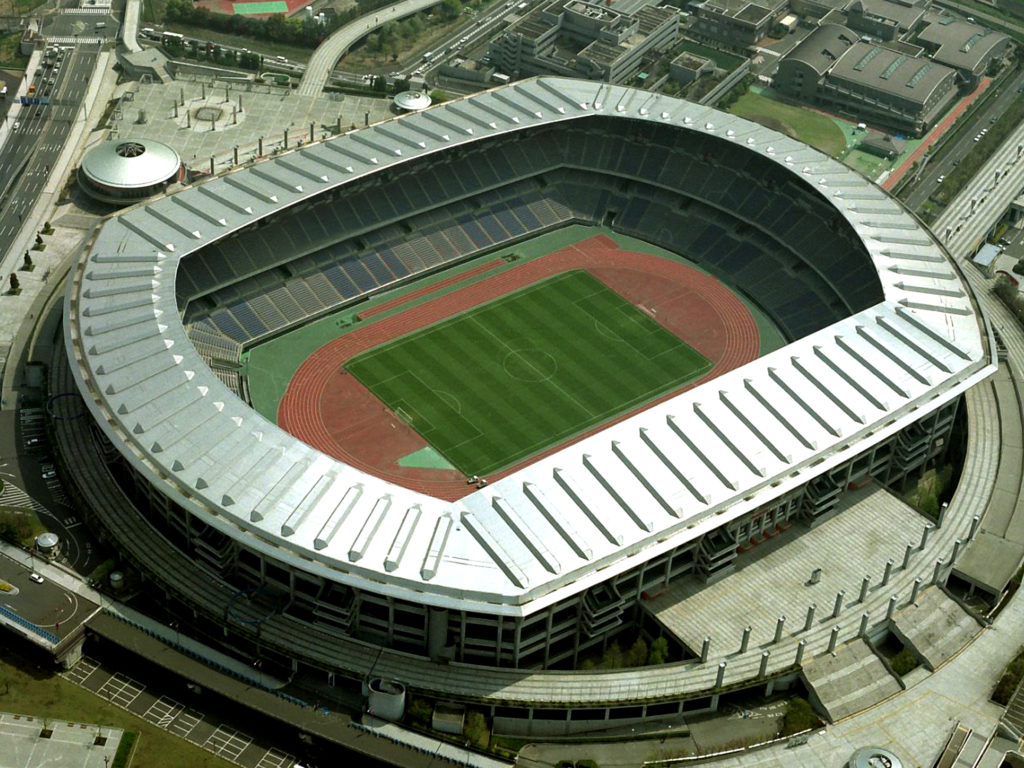
2019: International Stadium, Yokohama , Japan
While Japan might not be the first country that comes to mind when thinking about rugby, the country has a very deep-rooted connection to the sport. Yokohama has hosted rugby for over 150 years, making it the ideal city to host this year’s final.
Also known as the Nissan Stadium, the 72,000 capacity International Stadium is yet another former FIFA World Cup final venue, hosting the competition in 2002. Following Japan 2019, it will return to hosting football for the 2020 Olympics. The stadium first opened its doors in 1998 after four years of construction at a cost of almost £450 million. Preparing the venue for the competition had its own challenges. Harrod Sport, the supplier of posts for the competition, had to manage challenges including earthquake requirements and construction laws to get ready for the competition. “The design work commenced in June 2017, starting with the foundations. The International Stadium Yokohama also required a bespoke bolt-down bottom hinge system in order to enable the installation of 17m posts.” Said Mark Smith, Harrod Sport Design Manager.
With so many strong teams, there is no clear favorite going into the 2019 Rugby World Cup, but whichever teams make it to the final, International Stadium Yokohama will be a fitting venue for the match and help to raise the profile of the rugby-loving nations of Asia on the international sporting stage.


